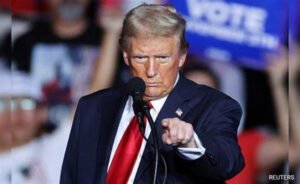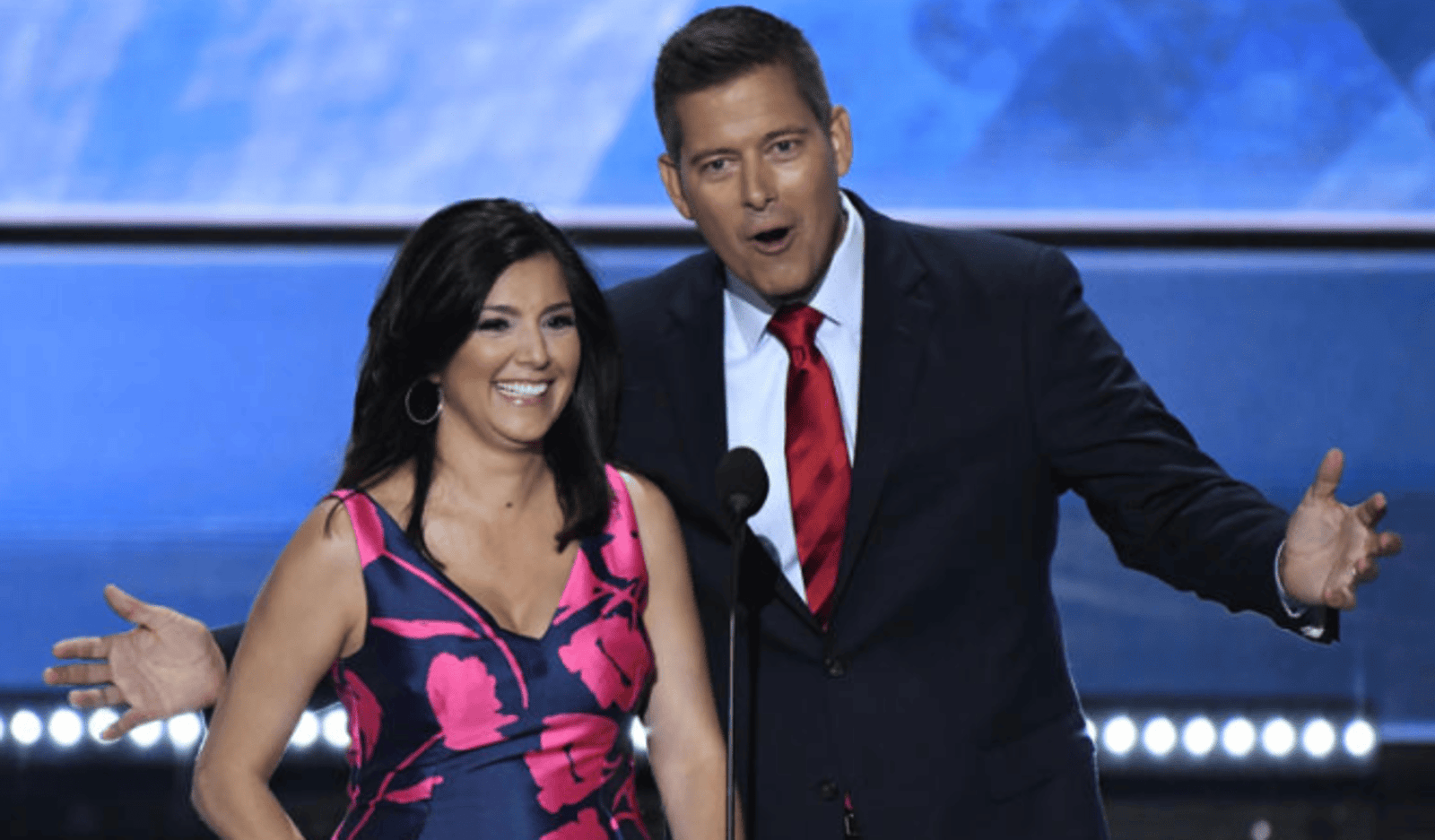
Mnuchins Key Advice on Sanctions and Debt. Mnuchin Won’t Rejoin Trump Administration but Offers Advice on Sanctions and Debt
Steven Mnuchin, former Treasury Secretary under President Donald Trump, has made it clear that he will not be returning to the Trump administration in any official capacity. However, Mnuchin is ready and willing to offer his guidance on various matters, particularly regarding U.S. sanctions, debt management, and trade policy. Despite his departure from the Treasury in 2021, his expertise and opinions on these issues continue to influence policy discussions. Mnuchins Key Advice on Sanctions and Debt
Mnuchin’s Departure from the Trump Administration
Serving as Treasury Secretary during Trump’s first term was, in Mnuchin’s words, “the experience of a lifetime.” He is content to advise from the outside rather than reenter public service. While Mnuchin did not name any potential candidates, reports suggest that Scott Bessent and John Paulson, two prominent hedge fund investors, may be the frontrunners to replace him in the next administration.

Since leaving office, Mnuchin has been active in the private sector, founding Liberty Strategic Capital, a private equity firm. His firm has secured investments from significant players, including Softbank Group and Abu Dhabi’s Mubadala sovereign wealth fund. Despite his success outside the government, Mnuchin’s influence in economic policy remains strong.
Strengthening U.S. Sanctions on Iran and Russia
He believes that sanctions on Russia, imposed due to its ongoing conflict in Ukraine, have been less effective than intended. According to Mnuchin, the sanctions have been more of a “headline” than a true deterrent. Russia continues to export significant amounts of oil and gas despite the sanctions, and Mnuchin argues that more stringent enforcement is needed.
Additionally, Mnuchin highlights the importance of managing global oil prices. He believes that the G7-imposed price cap on Russian oil, set at $60 per barrel, has not been successful in fully curbing Russia’s oil revenues. While it has reduced some earnings, Mnuchin points out that Russia is still selling plenty of oil and gas. To counter this, he suggests the U.S. must increase domestic oil and gas production, with support from other Middle Eastern countries, to stabilize global oil prices.
The Need for Stronger Enforcement of Sanctions
Mnuchin stresses that sanctions alone are not enough to contain countries like Russia and Iran. Stronger enforcement and additional actions are necessary. Cutting off oil revenues is a key part of this strategy. During his tenure, Mnuchin was deeply involved in shaping the sanctions against Iran and Russia, and he believes that these actions should be ramped up.
In his view, a combination of increased sanctions and greater energy production from U.S. and allied countries will have the greatest effect. This dual approach could help to contain the financial influence of sanctioned nations, ensuring that they are not able to freely profit from global oil and gas markets.
Managing U.S. Debt and Deficits
Another issue that Mnuchin is keenly focused on is the U.S. national debt. He acknowledges the importance of managing the federal deficit, especially as the nation faces a record-high $1.8 trillion deficit for fiscal 2024. This comes after a period of heavy COVID-19 relief spending, which, according to Mnuchin, was necessary to prevent a global depression. While he defends the COVID-related expenditures made during Trump’s administration, he is critical of the ongoing spending under President Biden.
Mnuchin believes that the current trajectory of government spending is unsustainable and needs to be addressed. He emphasizes that fiscal responsibility will be crucial in the coming years. With the rising cost of public debt interest, exceeding $1 trillion for the first time, the U.S. is in a precarious position. He believes that future administrations must focus on balancing tax cuts and savings through more prudent fiscal policies.
The Importance of a Coordinated Economic Team
Mnuchin has always stressed the importance of a coordinated approach to economic policy. He points to the success of the Trump administration’s economic team, which included the Treasury, the U.S. The coordination between these offices was instrumental in the trade negotiations with China, particularly the Phase One trade deal signed in January 2020.
For the Treasury Department, Mnuchin believes that a strong background in financial markets is essential. However, he also emphasizes that managing the complexities of the Treasury requires strong organizational skills. The Treasury oversees a wide range of economic areas, from tax policy and regulation to international sanctions and trade agreements.
The Role of Financial Markets in U.S. Economic Strategy
Mnuchin’s background as a former Goldman Sachs executive is crucial to understanding his perspective on the financial markets. He believes that financial expertise is essential for the Treasury Secretary, especially given the critical role the position plays in the U.S. economy. The Treasury Secretary must balance domestic economic policies with international relations, particularly when it comes to trade agreements and sanctions.
Final Thoughts: A Call for Balanced Economic Policy
In conclusion, Steven Mnuchin’s advice centers around a balanced approach to U.S. economic policy. While he acknowledges the necessity of sanctions and fiscal stimulus during times of crisis, he urges future leaders to focus on long-term solutions. This includes addressing the national debt, managing inflation, and finding ways to strengthen the U.S. economy through strategic trade policies and careful fiscal management.
Mnuchin’s legacy as Treasury Secretary is marked by his involvement in key decisions regarding sanctions, tax cuts, and trade policy. His experience and insights continue to shape discussions about the future direction of U.S. economic policy, particularly as the nation grapples with rising debt and fiscal uncertainty.
As the U.S. navigates these challenges, Mnuchin’s advice on strengthening sanctions, managing debt, and fostering economic growth offers valuable guidance. Whether or not he returns to government service, his impact on U.S. economic policy will continue to be felt for years to come.








